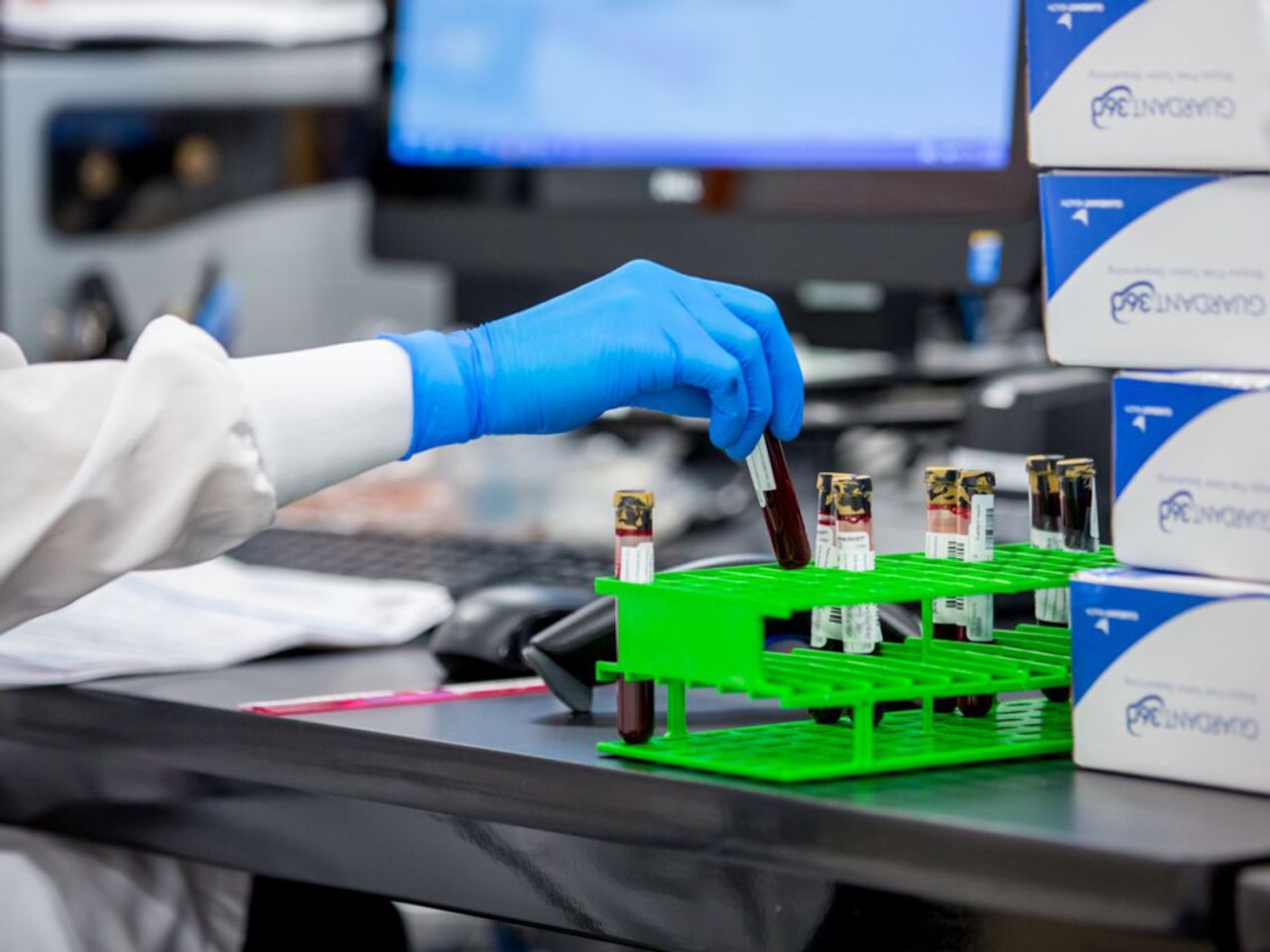How GHS Is Dealing With Newly Detected Mosquito Breed

The Ghana Health Service has outlined five measures it is putting in place to deal with the dangerous mosquito vector detected in the country.
The measures will be coordinated by a task force established by the Service.
The GHS confirmed the new mosquito vector- Anopheles Stephensi- in March 2023 during routine malaria surveillance system and vector control monitoring which is done the across the country.
It was confirmed in samples picked from Tuba and Damsoman in the Greater Accra, the GHS said in a statement over the weekend.
An alert on the invasion of breed in Africa was issued by the World Health Organisation (WHO) in 2019.
Before that, the breed was dominant in Asia.
Currently, the breed has been identified in Nigeria, Yemen, Ethiopia, Djibouti, Sudan, Somalia and now Ghana.
About the Breed
According to the GHS, the vector breeds in all water sources some of which are not the traditional breeding sites of the Anopheles species in urban areas.
It is said to survive in extremely high temperatures during the dry season when malaria transmissions usually decline.
The Service notes that it spreads faster and adapts to different climatic conditions- which poses threat to its control.

GHS Response
The Health Service has established a task force to enhance lava source management nationwide, especially in Tuba and Dansoman where it was detected.
The task force will also enhance surveillance per updated vector control guidelines; improve the country’s laboratory and human capacity to identify Anopheles Stephensi; and collaborate with WHO to update the vector map.
It is also intensifying community engagement and sensitisation at all levels.
Meanwhile, the GHS has urged the public to remove water collection points in and around homes and communities and cover all water containers to avoid mosquito breeding.
Also, the public is advised to sleep under treated mosquito nets; use mosquito repellants; and screen doors and windows of rooms.









